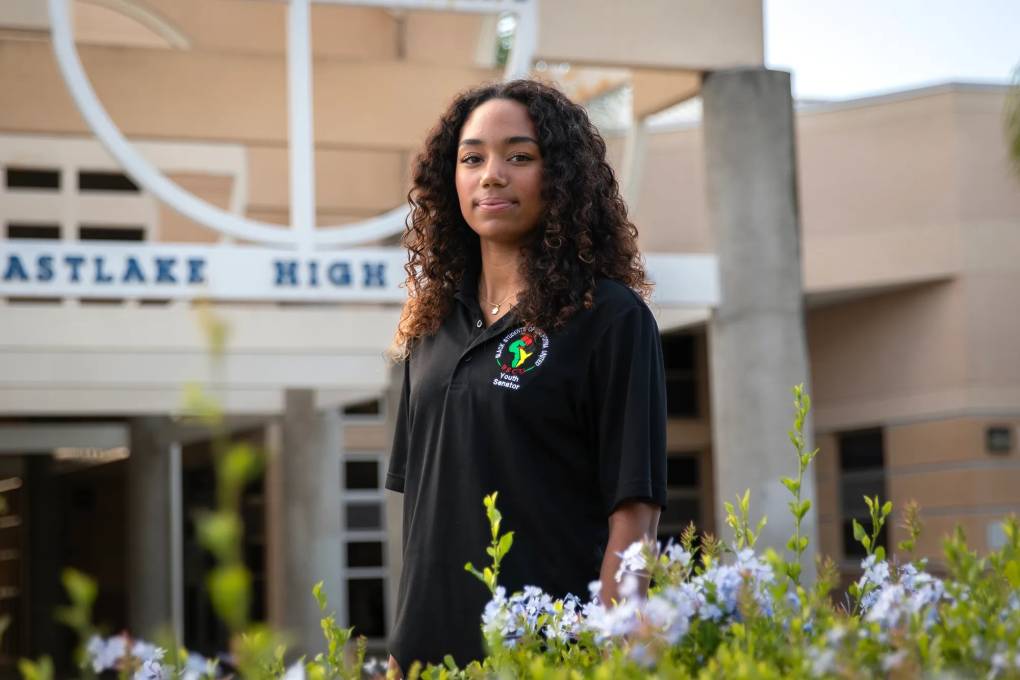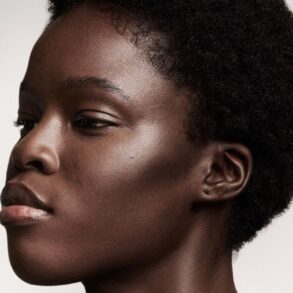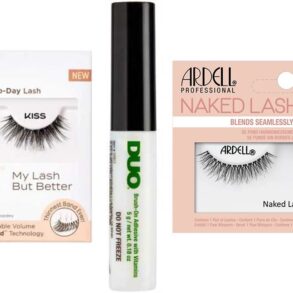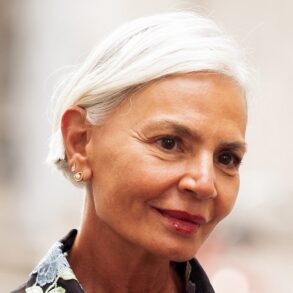
That’s true for the University of San Francisco. The selective private college didn’t factor a student’s race or ethnicity in its admissions decisions prior to the Supreme Court ruling, said its head of admissions in an interview, but still topped a national ranking for campus diversity. Much of that is aided by California’s rich panoply of cultures: Roughly two-thirds of the school’s incoming students are California residents. Once students are admitted, they’re encouraged to apply for a competitive program for Black scholars and one for first-generation students.
“I think that’s what helps students decide, ‘Yes, I want to come to USF,’” said Sherie Gilmore-Cleveland, an associate provost who directs admissions at the university. The emphasis isn’t just on recruitment but also on persuading students to attend once they’re admitted.
Hosting high school students on campus matters. So does visiting the students. “I think whenever students have an opportunity to hear directly from the college and when colleges are actually coming to students’ high schools, I know it’s an old school way of recruitment, but it helps students feel seen,” Gilmore-Cleveland said. The campus has extensive visiting hours, too, but doesn’t pay for prospective students’ travel, she said.
Some colleges partner with specific high schools or nonprofits to put students on a college-bound path beginning in ninth grade, Collado said. College Track recently announced such a partnership with 14 colleges nationwide, including UC Merced and American University. The agreement includes admission, financial aid and ongoing support once students are enrolled. USC runs a similar program for low-income students from Los Angeles.
The state’s private college association is also ramping up relations with community colleges. In September it hosted a conference with community college and high school counselors on financial aid and admissions policies that several private colleges offer. Soares said it was the first such event in at least 15 years.
Students aren’t deterred
“On a symbolic level, the Supreme Court decision is tragic. It speaks volumes about where we are as a country,” Collado said. “But for most of us, we get up the next day and the work continues. It’s a disruption but it does not shift how important this issue is. It won’t stop us from doing what’s right for kids in this country.”
Kimberly Sockwell, a senior at Orange Vista High in Riverside County, said campus diversity is important to her, but it’s not the only factor she’s considering as she looks at colleges. How safe it is for women and how accessible for disabled people also are priorities, she said.
“I want to be with people who look like me, but not just that. I want to be exposed to different kinds of people and viewpoints,” said Sockwell, who identifies as African American and Salvadoran. “I’m looking for a place where I can grow into an adult and become someone I’ll be proud of, and my family will be proud of.”
Bethzy Mejia, a senior at Robert Kennedy School for the Visual Arts and Humanities in Los Angeles, said she’s unfazed by the Supreme Court ruling. She’s confident that her accomplishments — a 4.0 grade point average, internships, student government, marathon runner — will earn her a spot at the country’s most elite colleges.
As for her application essay, she does plan to write about being the child of immigrants from Guatemala — not to alert colleges to her ethnicity, but because she considers it a central part of her identity.
“The essay question is, what makes you unique. Well, my race makes me unique,” Mejia said. “But I’m not going to focus on that 100%. I’m going to write about my achievements and my mentality.”
Murchison, the Eastlake High student who serves as president of the Black Students of California United, also said she’ll be writing about race in her application essay. Her topic is “Black girl magic,” a theme she probably would not have chosen prior to the Supreme Court decision.
“I want to make my identity clear,” she said. “But it’s frustrating, because it’s an extra step I shouldn’t have to take. What if I wanted to write about something else?”
Crafting an essay that addresses race with the exact right tone, choosing colleges with a commitment to diversity but also strong programs in the subjects that interest her, like business and marketing — it’s often overwhelming, she said.
“At times I just want to give up,” Murchison said. “But then I remember my goals and just keep pushing forward.”
This post was originally published on this site be sure to check out more of their content.








